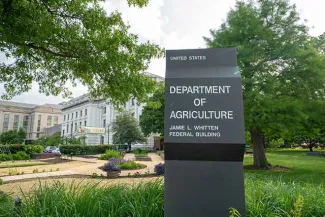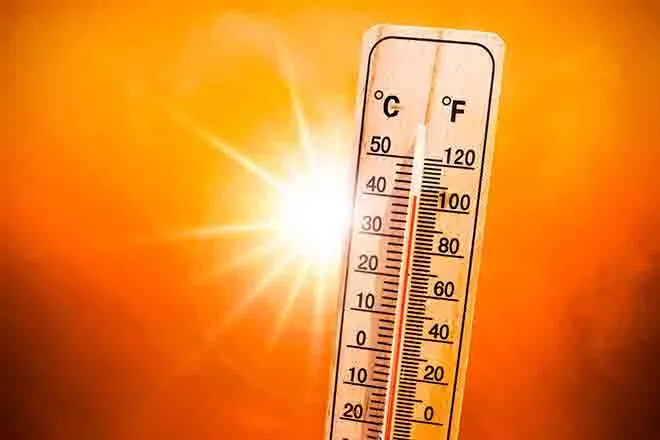
Stalled Farm Bill could see Conservation Title changes
Click play to listen to this article.
(Kentucky News Connection) Progress on the new Farm Bill remains stalled as members of Congress argue over price increases for commodity crops and proposed cuts to the Supplemental Nutrition Assistance Program in the latest version of the $1.5 trillion agriculture package.
Hank Graddy, volunteer on the food and agriculture team for the Kentucky chapter of the Sierra Club, said even if the bill's future remains uncertain, now is the time for farmers to take advantage of additional funding in the Conservation Title. He noted around $20 billion in conservation money through the Inflation Reduction Act are available to be used now, even if farmers' have not had luck in the past applying for programs.

© iStock - Melissa Kopka
"The Conservation Title is the part of the Farm Bill that helps prevent soil erosion, attempts to keep animal manure out of our rivers and streams," Graddy outlined. "It attempts to reduce water pollution, it attempts to maintain soil."
The conservation programs provide financial incentives to farmers who plant cover crops, diversify crops, reduce tillage and plant grasslands. They are strategies to help protect natural resources from industrial farming, like Concentrated Animal Feeding Operations. Such large operations leak substantial amounts of livestock waste into soil, waterways and drinking water, including hormones, nitrates and pathogens like E. coli.
Some House lawmakers want to modify the Conservation Title to incorporate precision agriculture technologies into water conservation and irrigation practices. Graddy believes it would weaken the original goals of the conservation programs, which have greatly benefited Kentucky farmers.
"We need more money in these programs because they help farmers become better farmers," Graddy explained. "And reduce agricultural impact on the environment, and on people downstream."
According to the U.S. Senate Committee on Agriculture, Nutrition and Forestry, to date more than 500,000 farmers have participated in conservation programs, with more seeking to participate than there is funding available.















